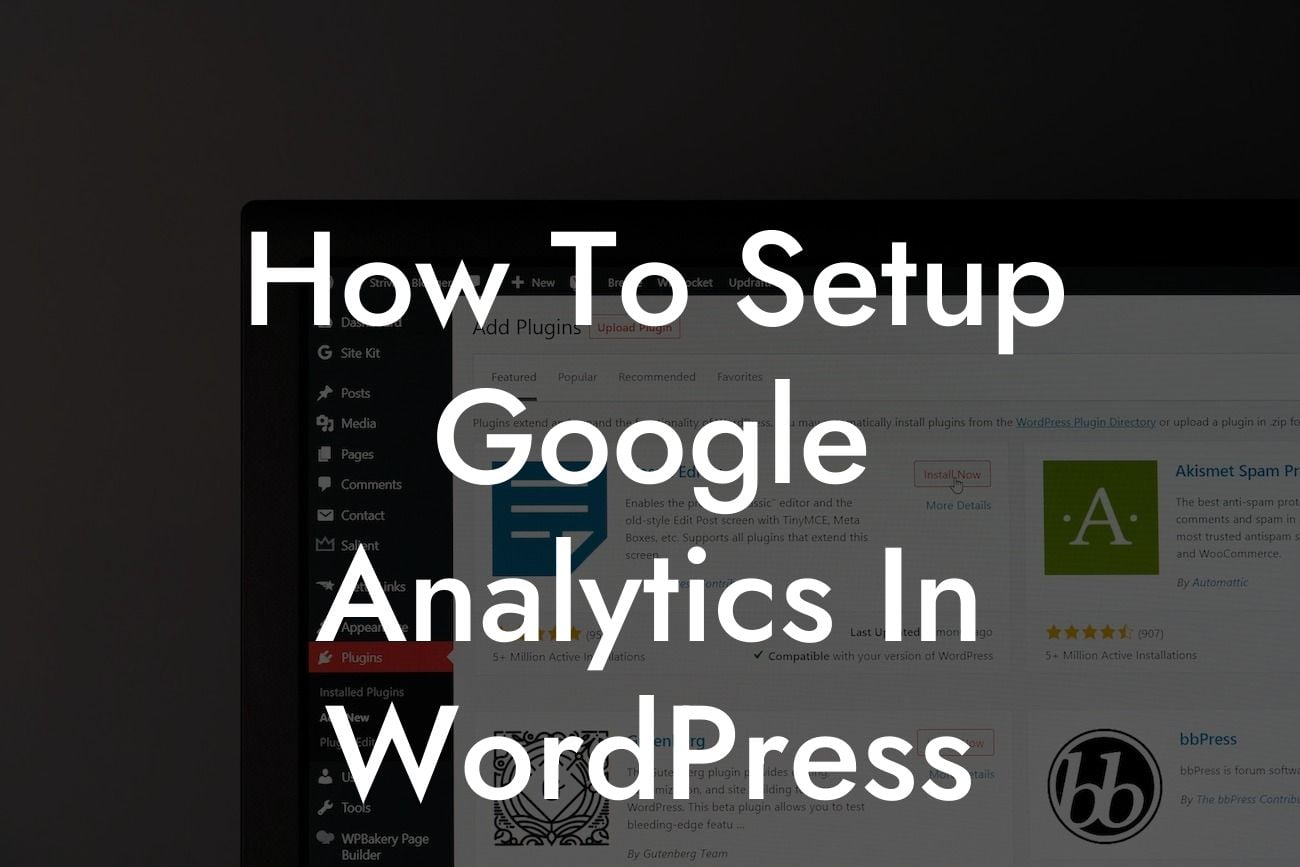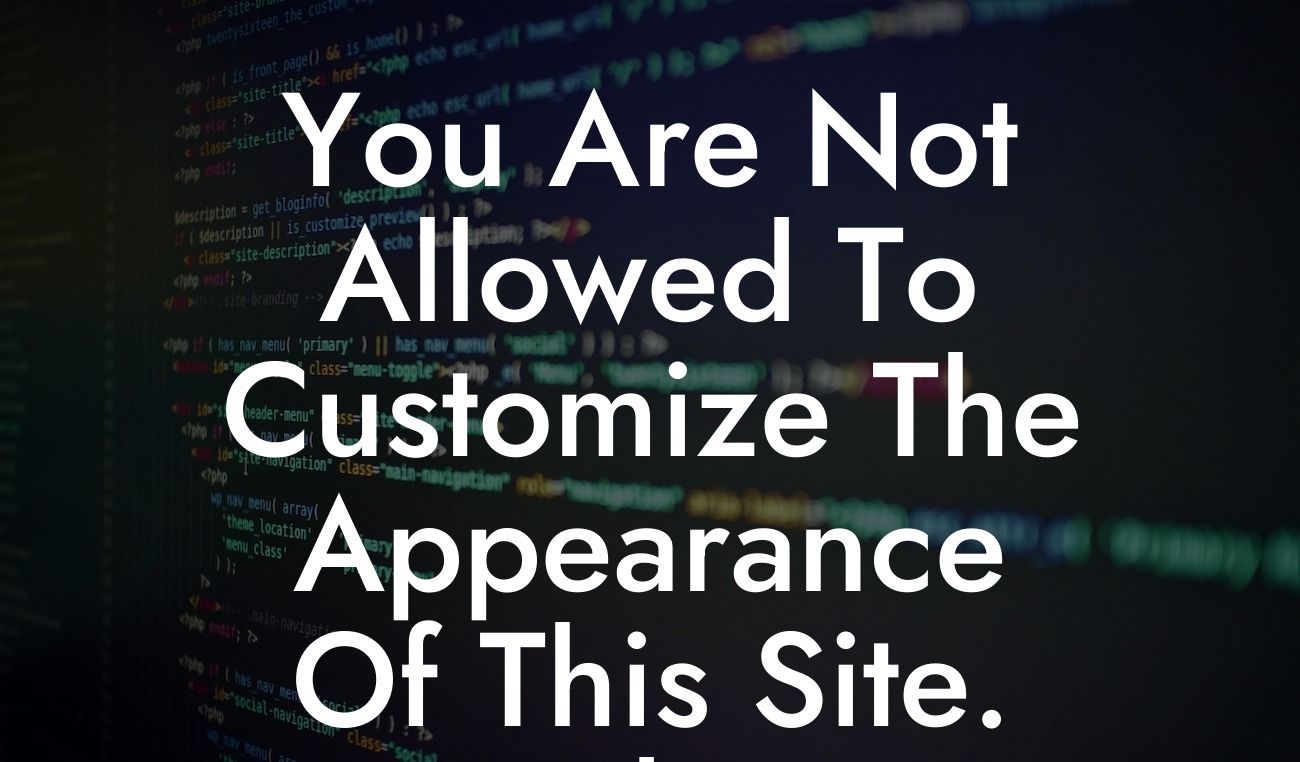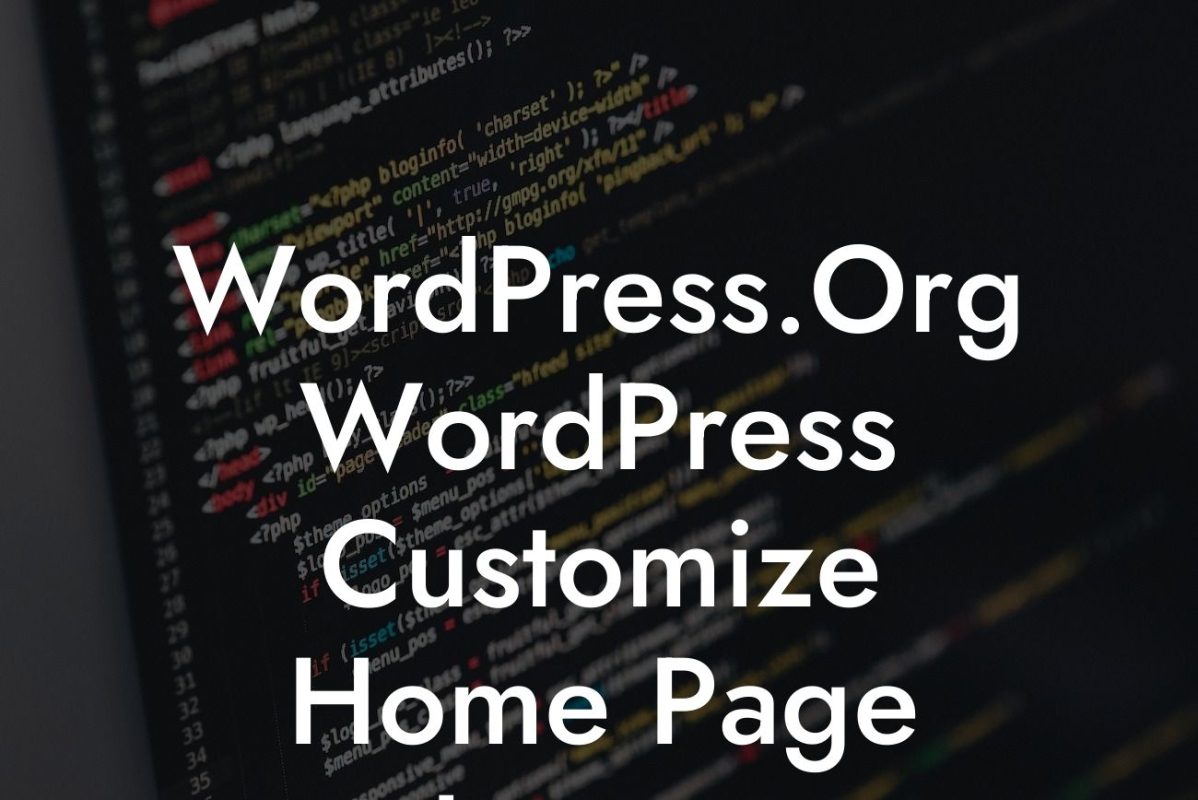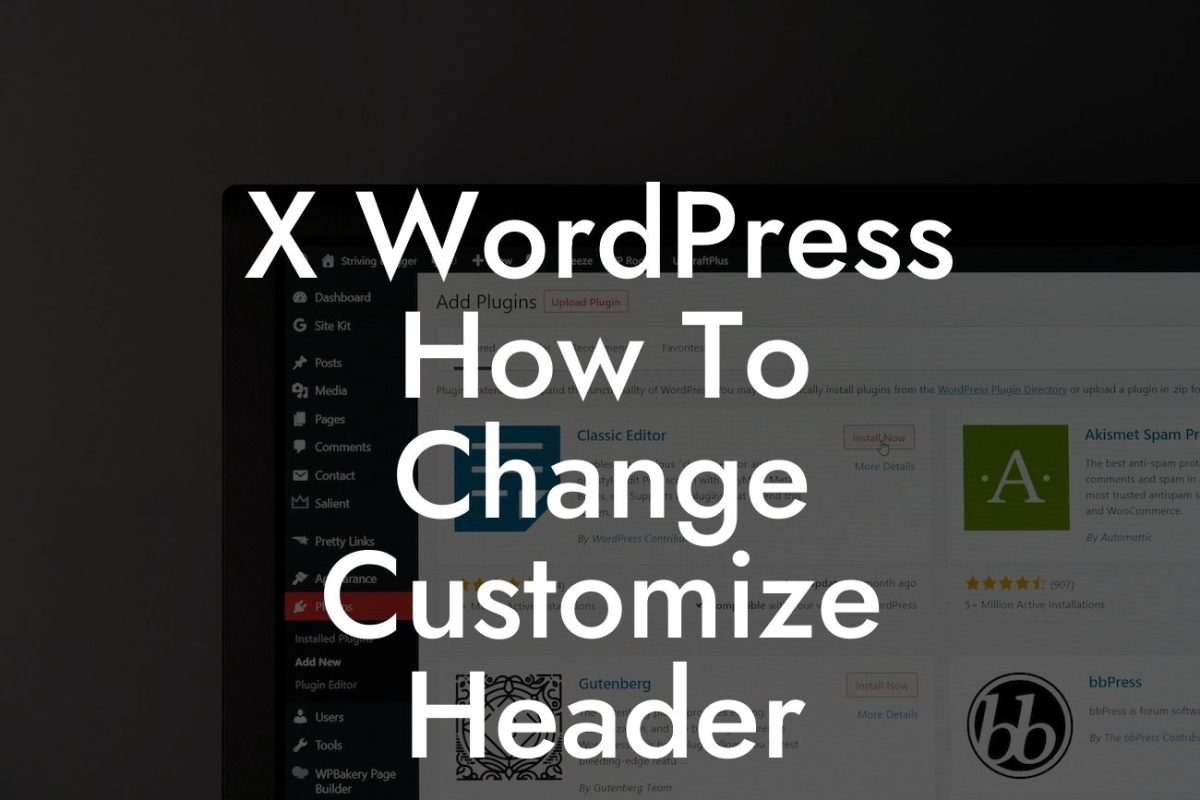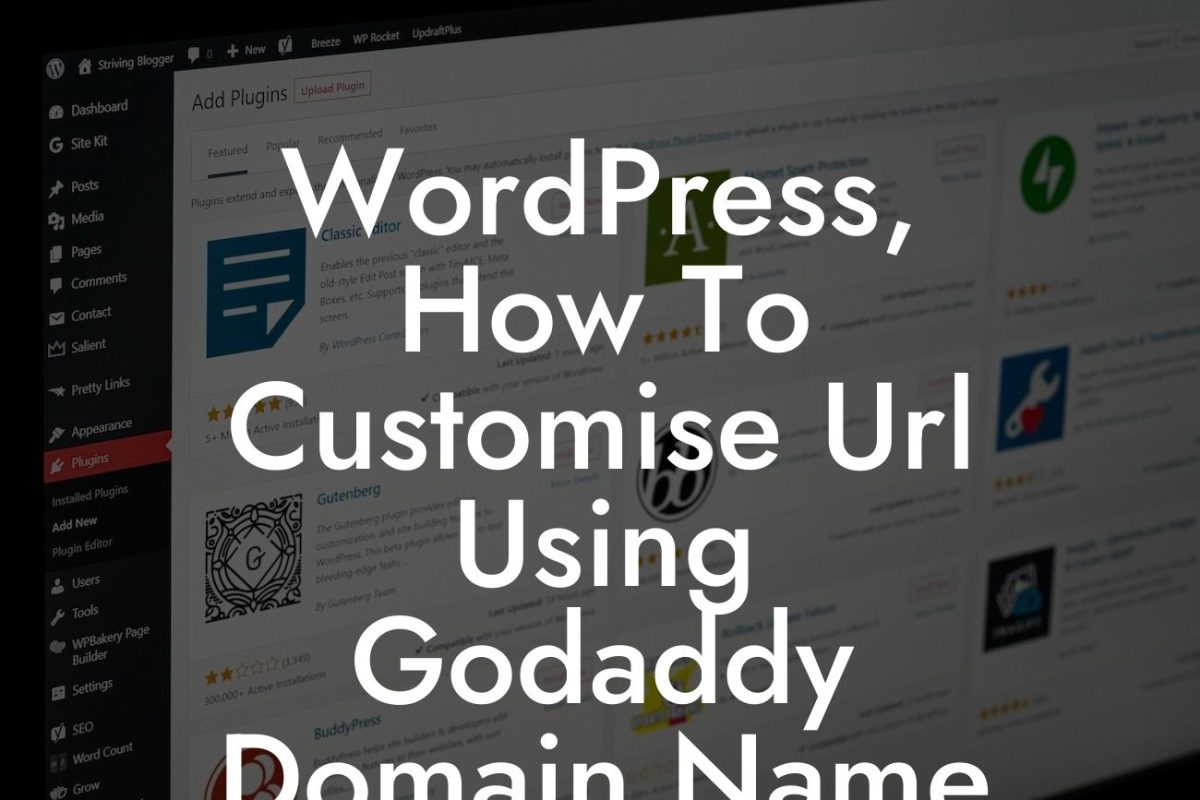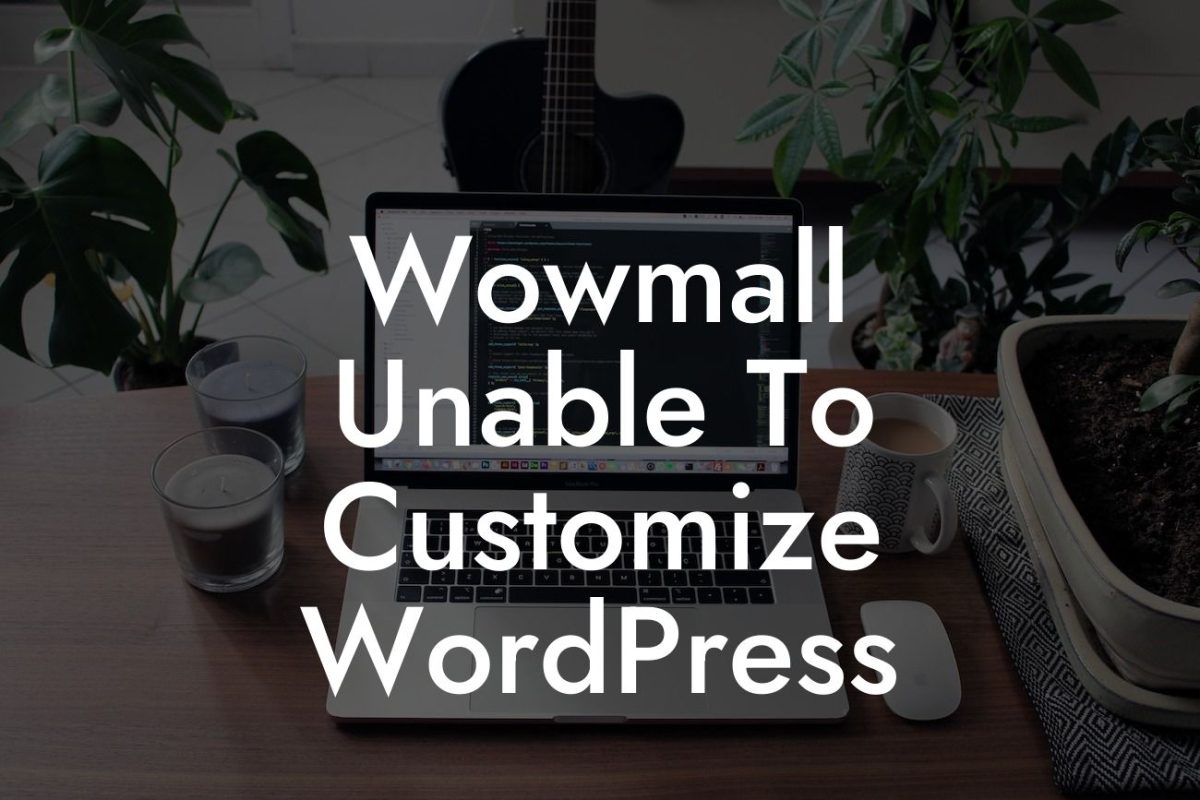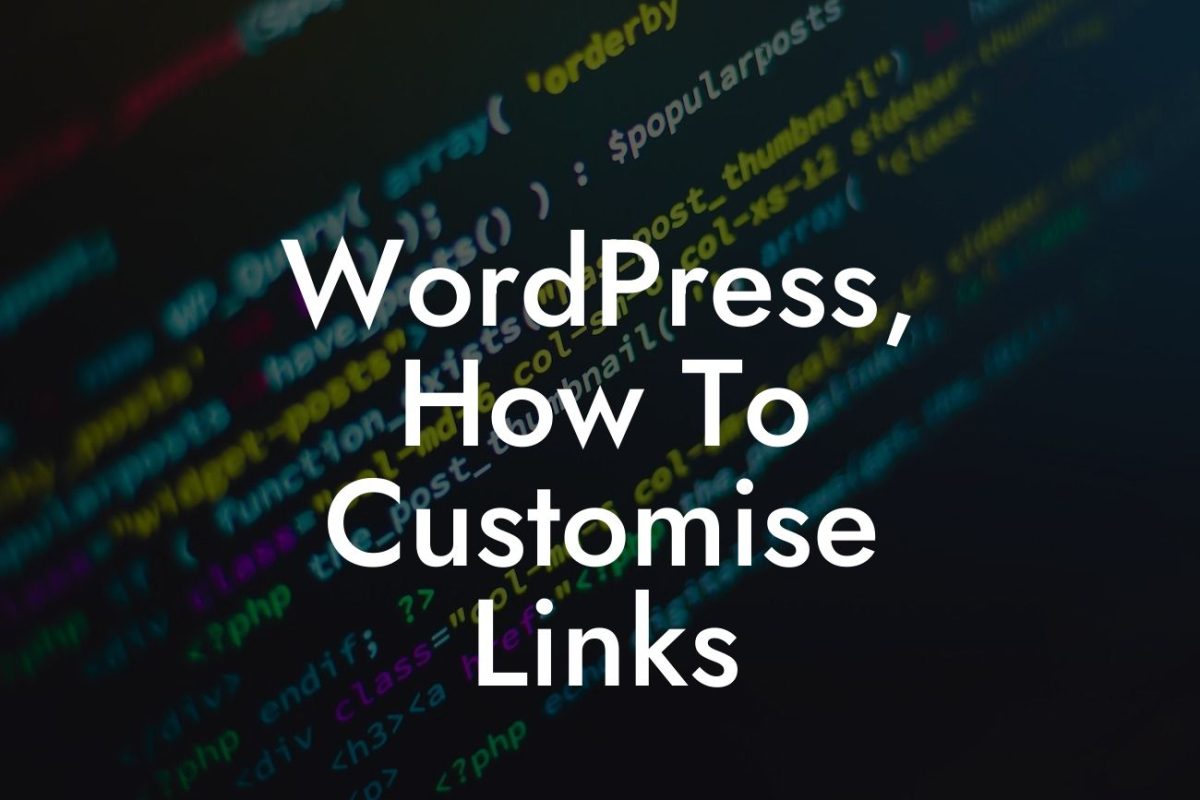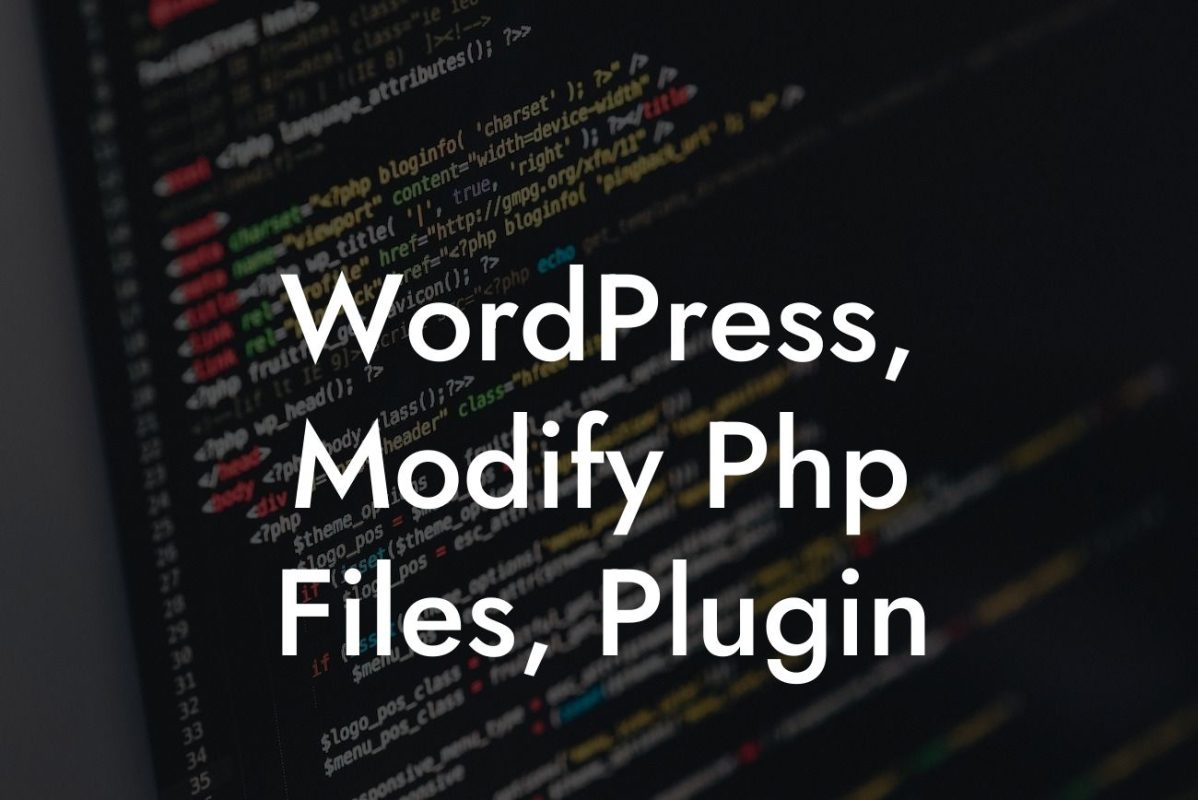Setting up Google Analytics in WordPress is crucial for every small business and entrepreneur looking to make data-driven decisions and track the performance of their website. With the power of this powerful tool, you can gain valuable insights into your audience, understand their behavior, and optimize your online presence for maximum success. In this guide, we will provide you with a detailed step-by-step process to effectively set up Google Analytics in WordPress, empowering you to take your business to new heights.
One of the first steps to setting up Google Analytics in WordPress is creating a Google Analytics account and obtaining your tracking code. Start by navigating to the Google Analytics website, signing in with your Google account, and following the prompts to create a new property. Once your property is set up, you will be provided with a unique tracking code that needs to be added to your WordPress website.
There are various methods to add the tracking code to your WordPress website. A popular method is using a plugin like Google Analytics by MonsterInsights. This plugin offers a user-friendly interface, allowing you to easily add your tracking code without any coding knowledge. Simply install and activate the plugin, connect it to your Google Analytics account, and choose the website you want to track. The plugin will automatically add the tracking code to your WordPress website.
In addition to adding the tracking code, it is recommended to set up goals in Google Analytics. Goals help you measure specific actions taken by your website visitors, such as signing up for a newsletter or making a purchase. By setting up goals, you can track the effectiveness of your marketing campaigns and make data-driven decisions to optimize your online presence.
How To Setup Google Analytics In Wordpress Example:
Looking For a Custom QuickBook Integration?
To illustrate the power of Google Analytics in WordPress, consider the following scenario. Suppose you run an e-commerce website selling handmade jewelry. By setting up Google Analytics and properly configuring your goals, you can track the number of purchases made, the conversion rate, and the revenue generated. With this information, you can identify which marketing channels are bringing in the most sales, understand the behavior of your audience, and make strategic decisions to drive growth.
Congratulations! You have successfully set up Google Analytics in your WordPress website. Now, you have the ability to gain valuable insights into your audience, measure the effectiveness of your marketing efforts, and make data-driven decisions to elevate your online presence. Don't stop here, though. Explore the other detailed guides on DamnWoo to unlock more digital marketing tips and tricks. Additionally, take a moment to try out our awesome WordPress plugins designed exclusively for small businesses and entrepreneurs. With DamnWoo by your side, the extraordinary awaits you. Don't forget to share this article with others who might find it helpful on their journey to online success.

